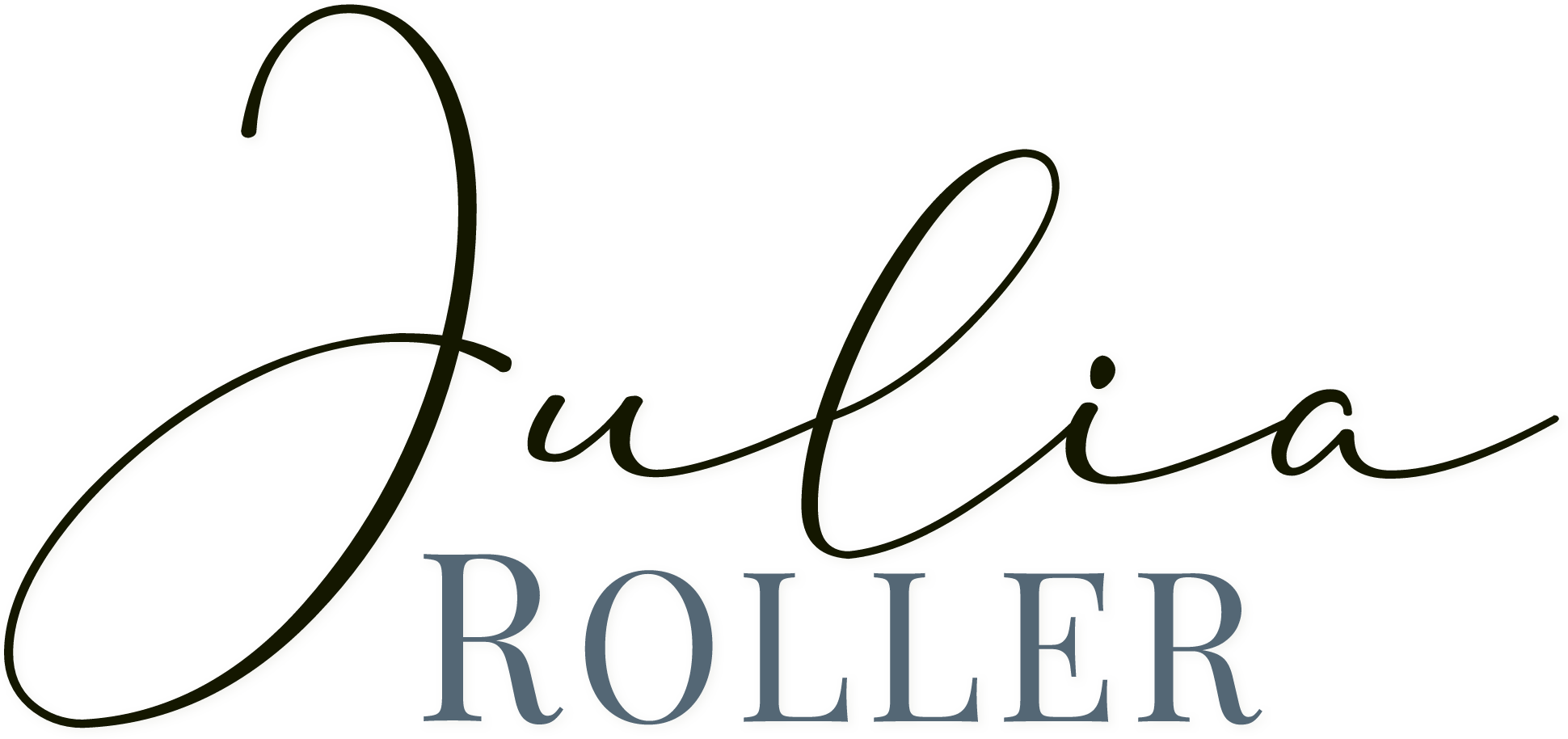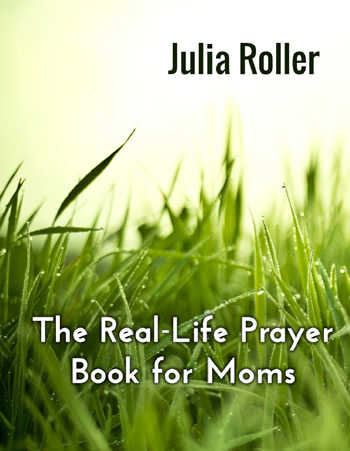I have always been a reader.
In first grade I got caught hiding a novel behind my math book. (In retrospect, that moment was quite accurate foreshadowing of my academic future.) I was infamous in my family for riding my bike around the neighborhood while reading a book. There is a picture of me on spring break in Florida when I was in college, wearing hideous heart-shaped sunglasses and walking laps in the pool with a paperback held right up to my face. When I was pregnant with my first child, one of the most dire predictions I heard about motherhood was that I would no longer have time to read. (That’s not true. You can still read, if you’re willing to ignore other things like, say, cleaning. It also turns out you can tuck a book right underneath one of those breastfeeding pillows.)
My identity as a reader has remained constant even as other parts of my identity have shifted: student, editor, author, daughter, wife, mom. I hope to always be a reader.
But sometimes I wonder if reading is actually good for me.
Let’s start with the take-no-prisoners way I read.
I read a lot of different kinds of books–fiction, non-fiction (particularly Christian), memoir–and I read all the formats: hard copies, eBooks, audio books. I usually have at least one book going in each one of these formats at a time. Not to mention the Sunday newspaper and the magazines that show up in my mailbox from publications I don’t even think I subscribe to. And we haven’t even gotten to the posts and articles I constantly read on my phone. According to Strength Finders, input is my #1 strength. What that means, at least for me, is that I want to read ALL the things, take in ALL the information, ALL the time. There’s not a room in my house that doesn’t have a book or a magazine or a device that allows me to read in some way. Most days I view the world as an exciting place filled with as of yet unread books. But on other days, my To Be Read book pile threatens to topple over and kill my small dog, and I feel exhausted by it all. The trouble is that with so many ways available to us to take in information, reading is no longer a break or a reward or an act of self-care but a never-ending constant. (Did I mention that I also read for a living?)
So far my eyes have held up just fine, but I really fear that all this reading is hurting my brain.
If you’d asked me a few years ago if there were any downsides to reading, I’d have been hard-pressed to come up with one. I firmly believed that reading was not only fun and diverting but also one of the best ways to connect with and understand more about God.
I still think that, but I’ve grown more aware of the way reading can become an idol, and even more important, the way that reading can serve as a way to avoid being alone with your own thoughts. It’s certainly one of my preferred escape mechanisms. And sometimes that can be completely appropriate and healthy, but where I get into trouble is when I realize I’m leaving no time for my thoughts. Reading becomes no longer a break but something I need a break from.
I’m working to implement a couple of things into my reading routine in order to ameliorate this situation. Not trying to cram reading (whether it’s on paper, audio, or app) into every second of the day helps me enjoy it more when I do take the time to read. One of my most pressing concerns in my spiritual life these days is simply protecting the silence so I can hear my own thoughts and listen to God. Sometimes I even picture this visually, as guardrails that I put up around certain times of the day to protect them from the overwhelming amount of input available to me at all times. Just because I can listen to a book or podcast while walking my dog doesn’t mean I should. Protecting the silence can mean putting down the book. Or the magazine. And definitely putting down the phone.
I also think about Dallas Willard’s words about how we are being constantly formed by who and what we surround ourselves with, whether we realize it or not. If everything I read is forming me, then I need to be deliberate about what I choose. For me, that looks like taking the occasional break from exhausting political news stories. (Has that ever been harder or more important than it is right now?) It also involves choosing my books more carefully. In both fiction and non-fiction, I want to choose books that teach, uplift, or encourage. I think it’s also important to read books that challenge me. Only reading authors and ideas I already agree with isn’t great for spiritual formation either. C.S. Lewis wrote about how important it is to read old books, vowing to read two old books for every new one, not only because they challenge our current culture and understandings but also because they have been tested by the “clean sea breeze of the centuries.” This advice continues to challenge and ring true for me, particularly when it comes to Christian books.
So back to my question: Is reading bad for you? The answer is the most boring answer ever. Yes, anything can be bad for you if you do it too much and for the wrong reasons. I think it’s important to recognize the limitations of reading, just as everything in our lives that isn’t God has limitations and can become idolatrous. It is possible to read in a way that is bad for your spiritual formation, and it’s also possible to read too much. But of course that doesn’t mean reading is bad.
I still love reading, even though I would no longer dare to ride my bike around the neighborhood with a book in my hand. By being more deliberate about reading, by holding that part of my life up to the scrutiny of the Spirit just as I hope to hold up every other aspect of my life, I hope I can preserve not only the delight I have always found in it but also reading as a way to connect with God.
I’ll leave you with another favorite quote from C.S. Lewis, who must have been one of the world’s all-time greatest readers: “You’ll never find a cup of tea big enough or a book long enough to suit me.”
Amen.



